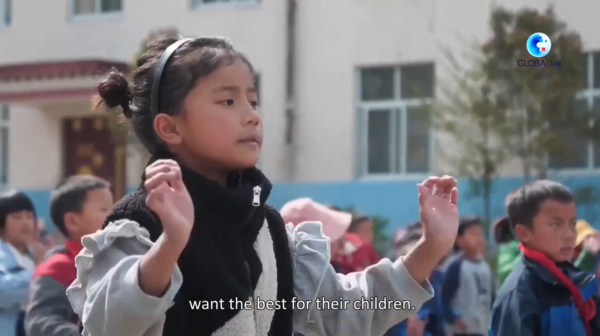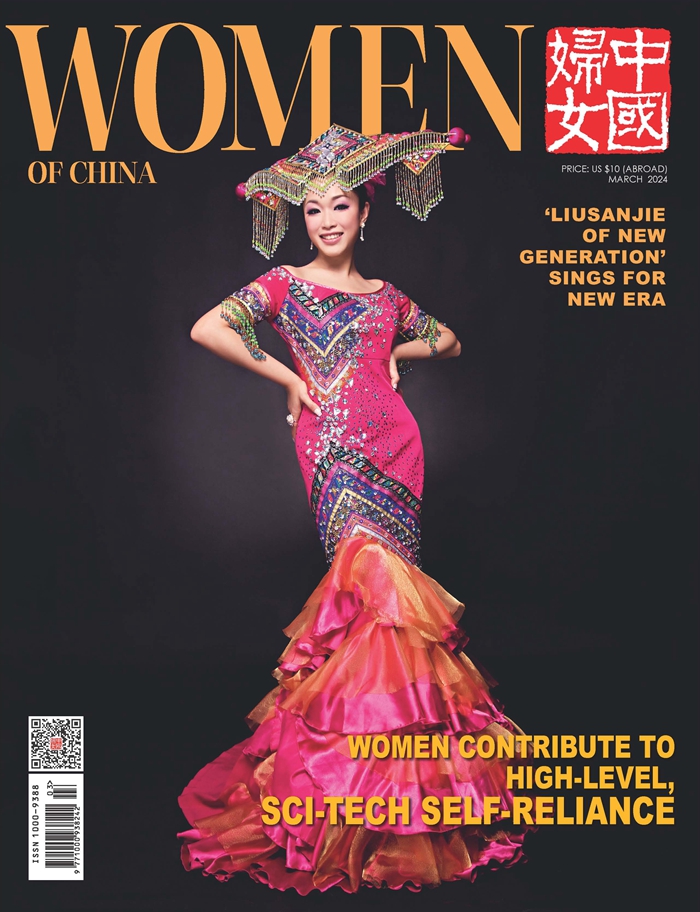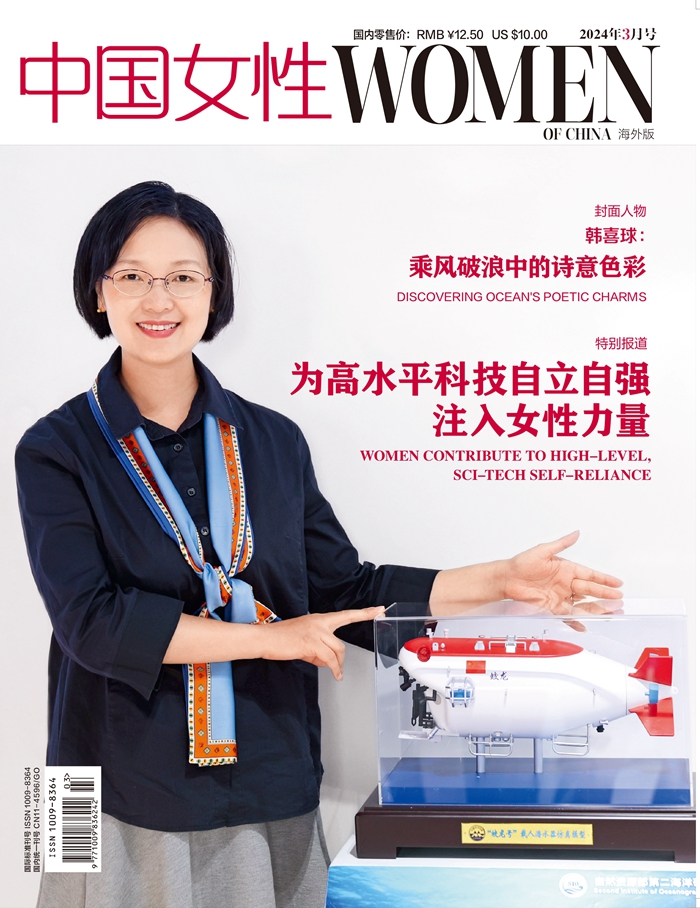Boarding Schools in China's Xizang Stand as Testament to Educational Equity
 |
| Click the photo and watch the video. |
China's Xizang is a sparsely populated plateau region, with an average altitude of over 4,000 meters.
Due to the extremely scattered population, and challenges related to children's commuting, boarding schools have played a crucial role in ensuring equal access to education for school-age children.
The Lhasa-Beijing Experimental High School was established in 1978.
It changed into its current name after undergoing an upgrade in 2014, thanks to a 250 million yuan (about 35 million USD) investment from the Beijing municipal government.
The institution now has 2,664 students, and nearly 98 percent of them are Tibetans.
In 1985, Xizang began implementing the boarding system for primary and secondary schools in its agricultural and pastoral regions.
In the region, boarding is voluntary, and the option is open to students who live far away from schools. Still, many parents, even if they live nearby, are willing to send their children to board for various reasons.
Since 2012, Xizang has provided 15 years of free education from kindergarten to high school for children of farmers and herders.
The cost of meals, accommodation and study for students in boarding schools is borne by the government.
Tibetan parents, like those in other regions, want the best for their children.
Boarding schools, they said, have helped reduce the risk of transportation to and from school, and increase opportunities for interaction to improve the interpersonal skills of their children.
In old Xizang, the illiteracy rate exceeded 95 percent.
Nowadays, the retention rate of nine-year compulsory education has reached 97.73 percent, higher than the national average.
The boarding schools maximally guarantee that children in remote areas enjoy the right to education.
And because of these schools, both rural and urban students can share high-quality educational resources and receive school education equally, thus narrowing the rural-urban educational gap.
(Source: Xinhua)
Please understand that womenofchina.cn,a non-profit, information-communication website, cannot reach every writer before using articles and images. For copyright issues, please contact us by emailing: website@womenofchina.cn. The articles published and opinions expressed on this website represent the opinions of writers and are not necessarily shared by womenofchina.cn.








 WeChat
WeChat Weibo
Weibo 京公网安备 11010102004314号
京公网安备 11010102004314号